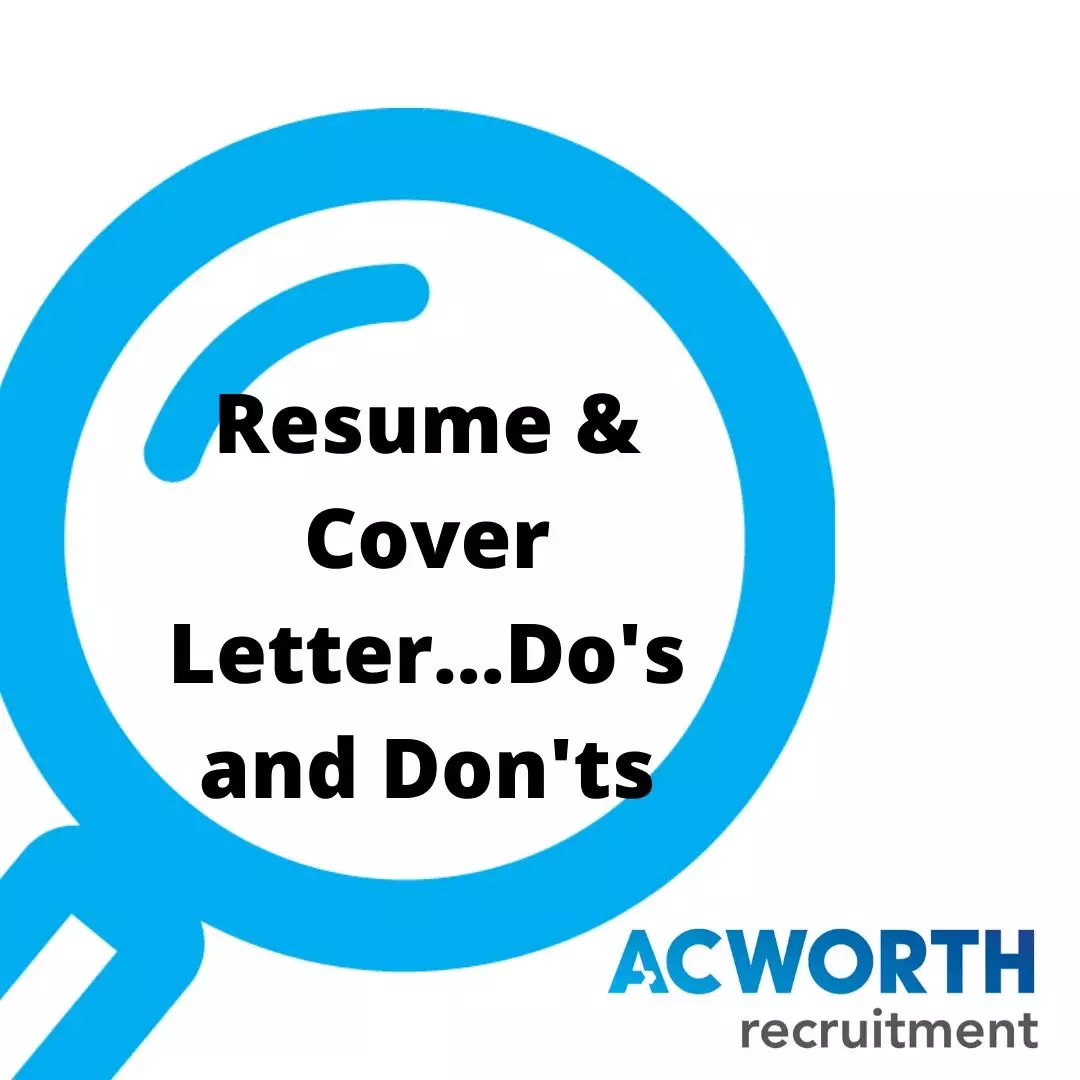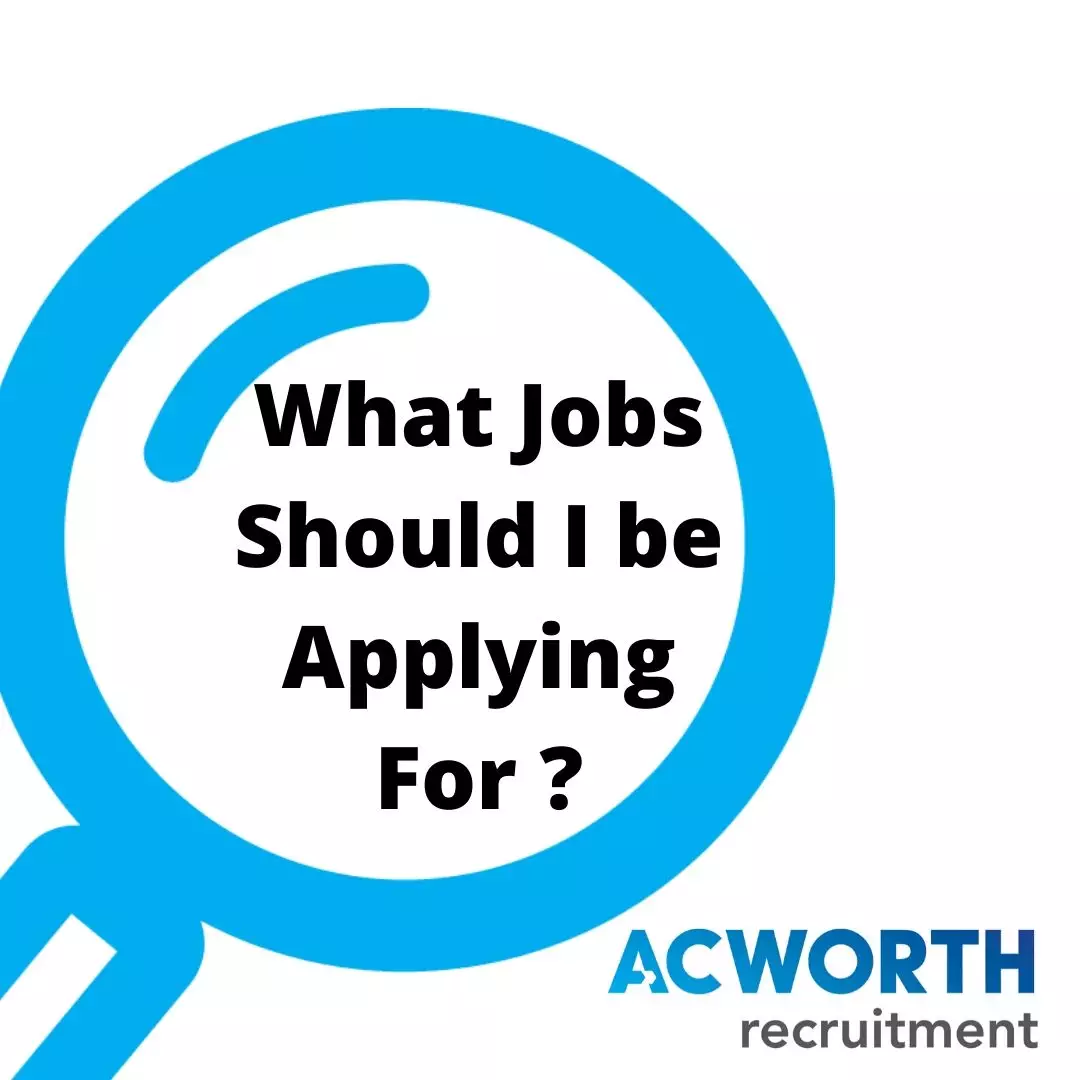
The old adage “Pay peanuts and you’ll get monkeys” certainly has merit! If the pay you’re offering for the role doesn’t meet the current market rates…. then GREAT candidates have absolutely no reason to come to you…. let alone stay!!!
Yes, you’re running a business and you have budgets….and you’re here to make a profit. But remember that you’re employing someone because you need additional resources to ensure that your business operates efficiently….and that your customers are happy.
You want to have someone within YOUR business who can tick your WISH LIST boxes…. You’re looking for someone with the capability to carry out all the key tasks required…. is awesome with your customers……and fits in with your team & work culture……therefore there is a CALCULATED VALUE associated with that.
The internet allows you to RESEARCH relevant salaries for roles that are similar to yours. The Robert Half Guide is a reputable and highly regarded source for current market pay rates (https://www.roberthalf.com.au/research-insights/salary-guide). You can also do some basic research via SEEK by conducting a search on key words for your position and salary range.
These things aside, I suggest you to recall your days as an employee, and what it was like…. MONEY MATTERED – money mattered a lot!!! So what does MONEY (i.e. salary/ remuneration) mean to an EMPLOYEE?
- First and foremost – A way to pay the BILLS…. MORTGAGE…. and to support/ provide for FAMILY.
- Feeling VALUED for the time, effort and contribution made to the business.
- Meeting PERCEPTIONS of SELF-WORTH.
- And of course, there is always EGO…. whilst ego levels vary based on individuals… EVERYONE has an EGO.
Therefore, if what you’re paying doesn’t tick these boxes for your employees……then they will be motivated to find a suitable role that does PAY what they need/ want/ expect……or in the case of trying to ATTRACT quality candidates…. you’ll wonder why you only have MONKEYS to choose from.
In the past, talking money and pays was somewhat taboo…. but times they are a changing. Being upfront and putting the salary range that you’re prepared to pay within the advertisement, shows potential candidates that you have a clear VALUE for the role.
I openly ask ALL of my “long listed” candidates – “What is your current/ most recent remuneration? What salary are you seeking now?”. I find that AT LEAST 95% of candidates not only answer this question…. but answer it honestly…. sometimes to their detriment (i.e. even though the advertised salary indicates $50-$60K – they will say that they’re looking for $70K).
This way, I can match a potential candidate’s PERCEIVED VALUE with my client’s PERCEIVED VALUE OF THE ROLE… rather than wasting people’s time… and avoiding difficult or even INSULTING conversations at the time of the Job Offer.
The remuneration you offer employees/candidates doesn’t necessarily have be restricted to a CASH offering!!! People also PERCEIVE VALUE in NON-MONETRY factors (PERKS)…… So it is important to consider how you can OFFER or provide these BENEFITS to your employees that results in a positive WIN-WIN OUTCOME. A few PERKS you can consider are:
- Work Hours – flexibility, late start – late finish, early start – early finish, longer hours Monday to Thursday and a lunch time finish on Friday, longer work hours with 1 day off a month…. etc.
- Work close to home – people are willing to take a small pay cut to save on commuting time and costs.
- Provision of a Vehicle – providing a vehicle for commuting and limited private use that has your business branding on it, reduces the employees cost of getting to and from work…. while increasing your business branding…. and is tax deductable.
- Paying for Professional Development – provide your employee the OPPORTUNITY of attending RELEVANT & WORK RELATED conferences, workshops, complete courses/ qualifications, etc. paid for by the company…. Apart from being a tax deductable, it is a great way to be in touch with the current trends in the industry. This not only ensures survival in the competitive marketplace, but also serves as a way of boosting the capabilities of the business.
There are several options…… don’t be afraid to TALK to YOUR existing EMPLOYEES and find out what they REALLY VALUE and PERCEIVE as BENEFITS……you may be pleasantly surprised!!!
My TOP TIPS for determining the salary you should be paying:
- Don’t be afraid of salaries.
- Do your research.
- Be realistic.
- Be open – you’ve done your research so you have confidence.
- Ask these questions to the candidates or your employees – What are you looking for? – Do you have any options or considerations for packaging “benefits”?
Make sure you’re following on Facebook (https://www.facebook.com/Acworth-Recruitment-185674054963527) as I’ll share some other great tips and information.






